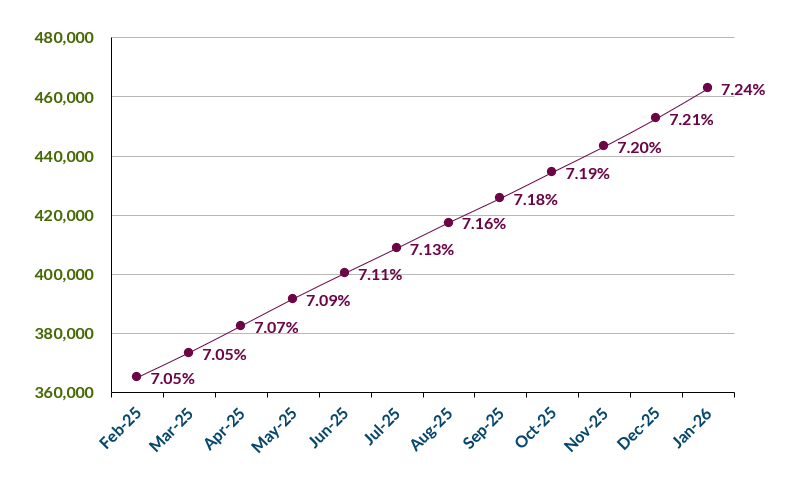Overview

“As a London Ambulance Service (LAS) clinician who provides clinical expertise for NHS111 in North East London (NEL), I want to obtain access to the local NEL information within the Discovery Dataset to determine whether the caller is potentially seriously frail.”
Since November 2018, Discovery data, has helped to identify potentially frail patients using a frailty algorithm. If the specified patient has an observation for severe or moderate frailty, the algorithm returns a value of true; observations for mild frailty return a value of false. If a patient is not found in the Discovery Data Service, the algorithm returns a value of not found. If a patient is identified as being identified, the 111 call is passed to a clinician for additional SME input. The aim, if possible, is to provide alternative, and more appropriate care for frail patients.
“Prolonged stays in hospital are bad for patients, especially for those who are frail or elderly. Spending a long time in hospital can
lead to an increased risk of falling, sleep deprivation, catching infections and sometimes mental and physical deconditioning. Despite
this, nearly 350,000 patients spend more than three weeks in acute hospitals each year.”
NHS England - Reducing length of stay
Dora’s Story
- Dora is 87 with several long-term conditions.
- She is suffering from stomach pains and so phones NHS111 for advice.
- The 111 call handler asks the system - is the patient is frail?
- Discovery matches Dora’s NHS number with all of Dora’s medical records in the NEL dataset and shows that Dora has frailty indicators.
- Dora’s medical records are made up of GP records, numerous community clinic records, and various hospital and A&E records.
- The NHS 111 call handler refers Dora’s 111 call to a clinician instead of suggesting A&E or calling for an ambulance.
- Dora is seen by a medical professional in her own home and avoids a visit to hospital.
Statistics
Since the project went live in November 2018, the London Discovery Data Service has:
- matched 6,391,568 patients
- flagged 462,793 potentially frail patients
- processed 41,219,553 API calls

The graph shows the number of patients that have been flagged as potentially frail and have therefore been fast tracked to speak directly to a clinician who can provide personalised care; it shows the cumulative total (from the start of the project) and the percentage of potentially frail patients compared to the total number of matched patients (over the last 12 months).
Last update: 3 February 2026
Project population
All patients within North East London ICB; Barking and Dagenham, City and Hackney, Havering, Redbridge, Tower Hamlets, Waltham Forest, and Newham boroughs use the frailty algorithm.
Project cohort
Frail patients
Project criteria
If the specified patient has an observation for severe or moderate frailty, the algorithm returns a value of true; observations for mild
frailty return a value of false.
If a patient is not found in the London Discovery Data Service, the algorithm returns a value of not
found.
The frailty algorithm results are then described, via the API or in the Frailty Checker, as follows:
- Potentially frail - Patient has Moderate or Severe frailty codes
- Not frail - Patient has Mild or No frailty codes
- Not found - Patient not found
Data state
Patient identifiable